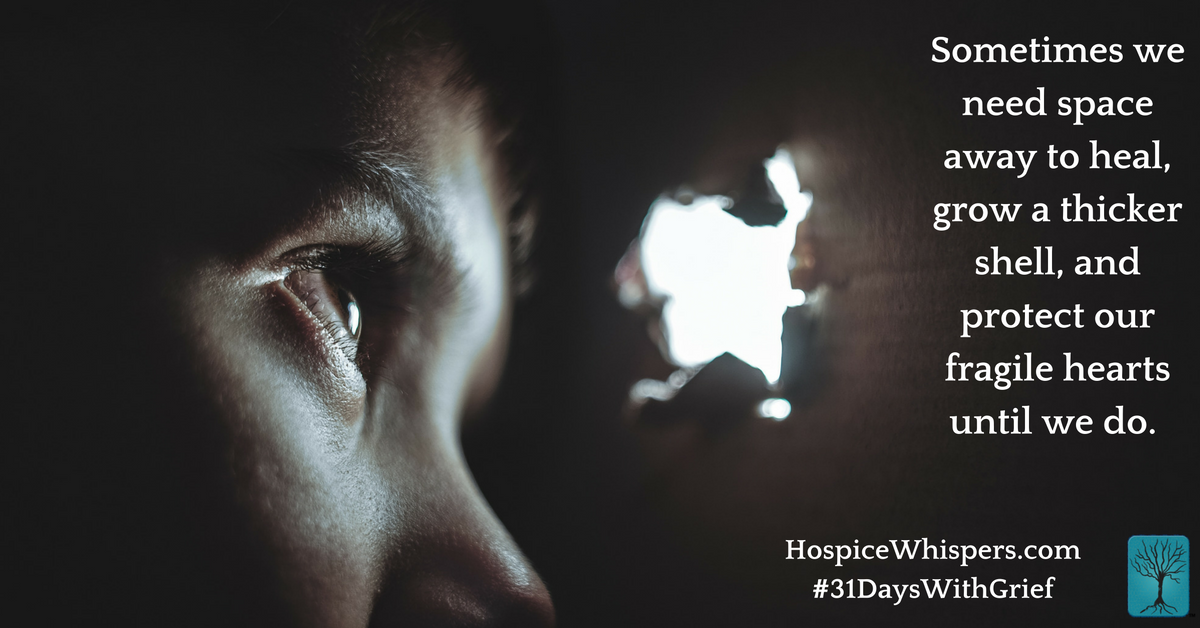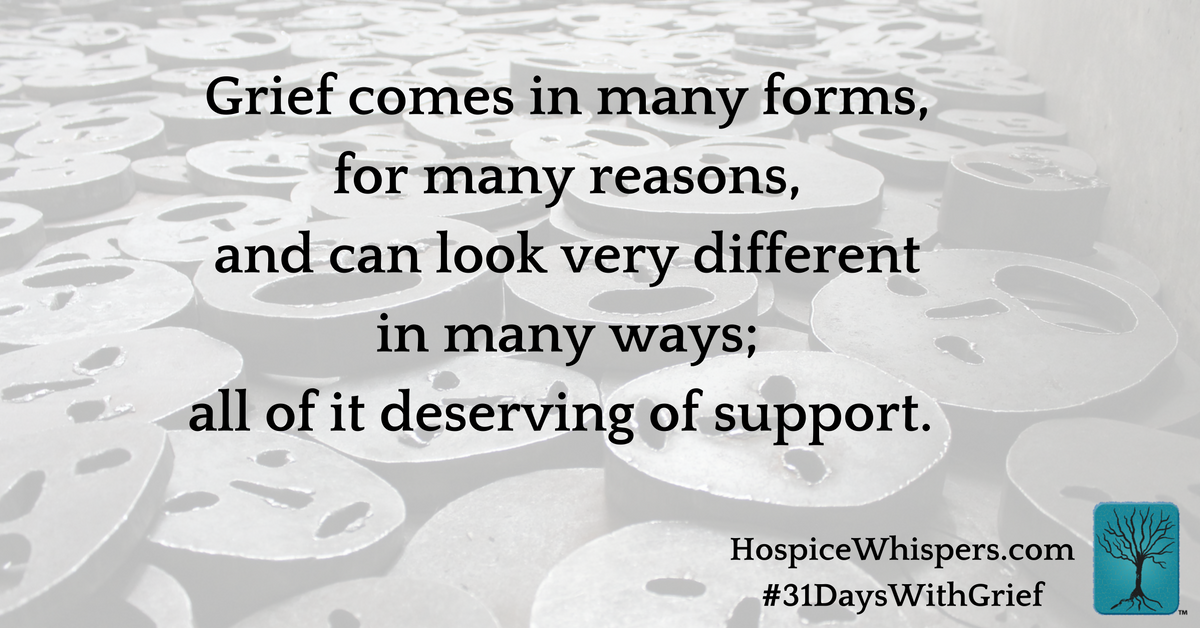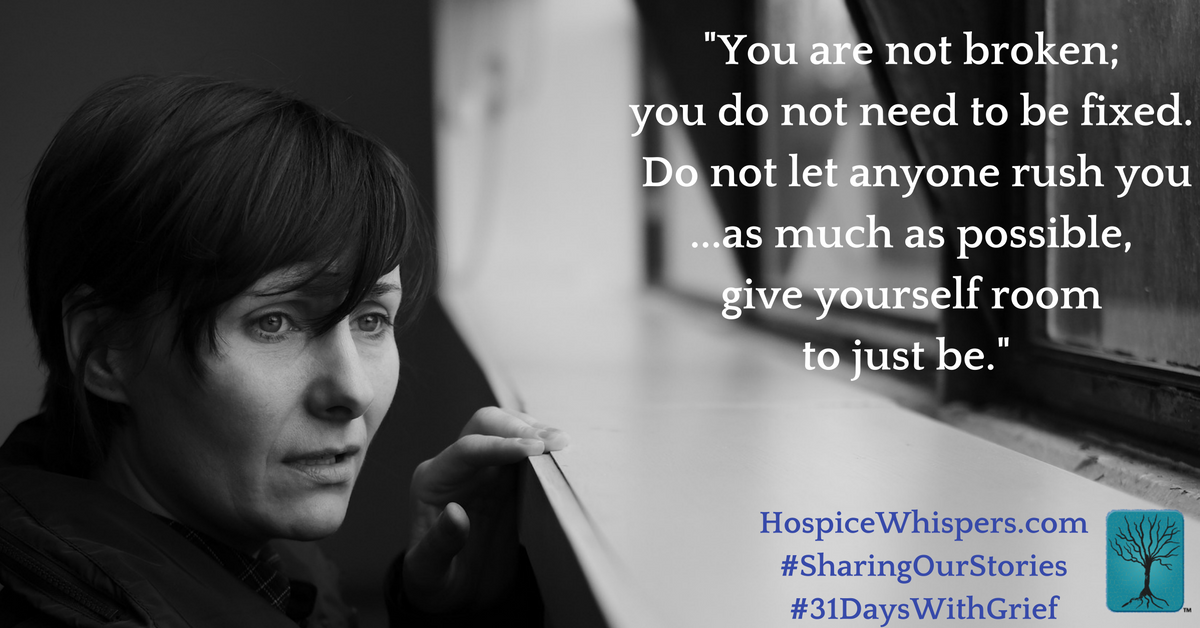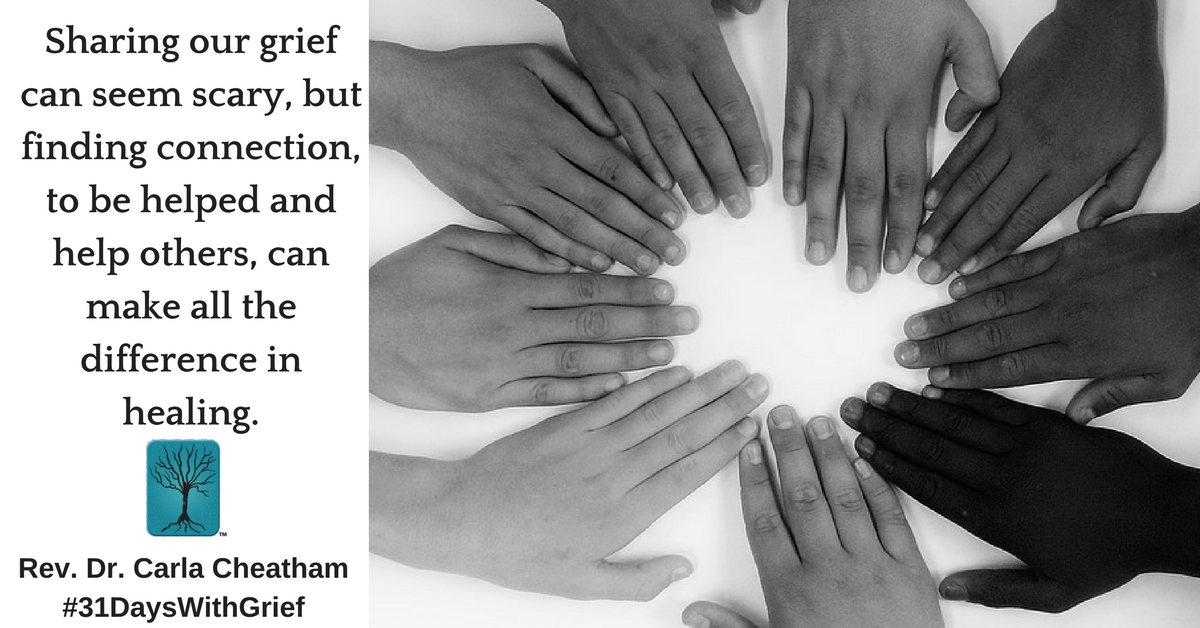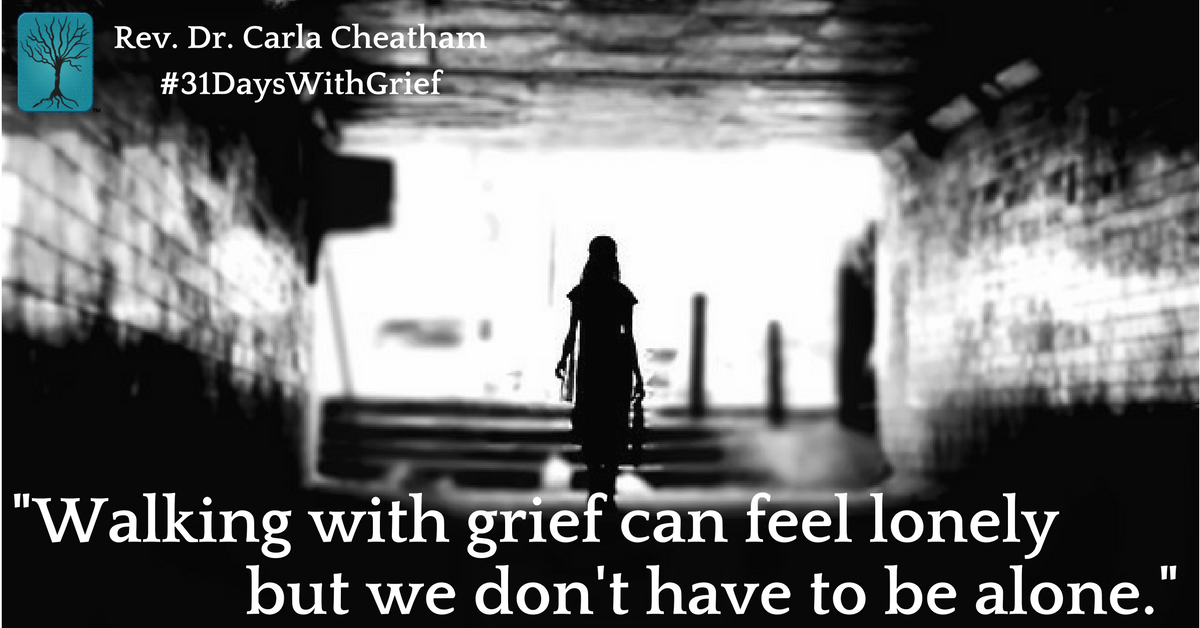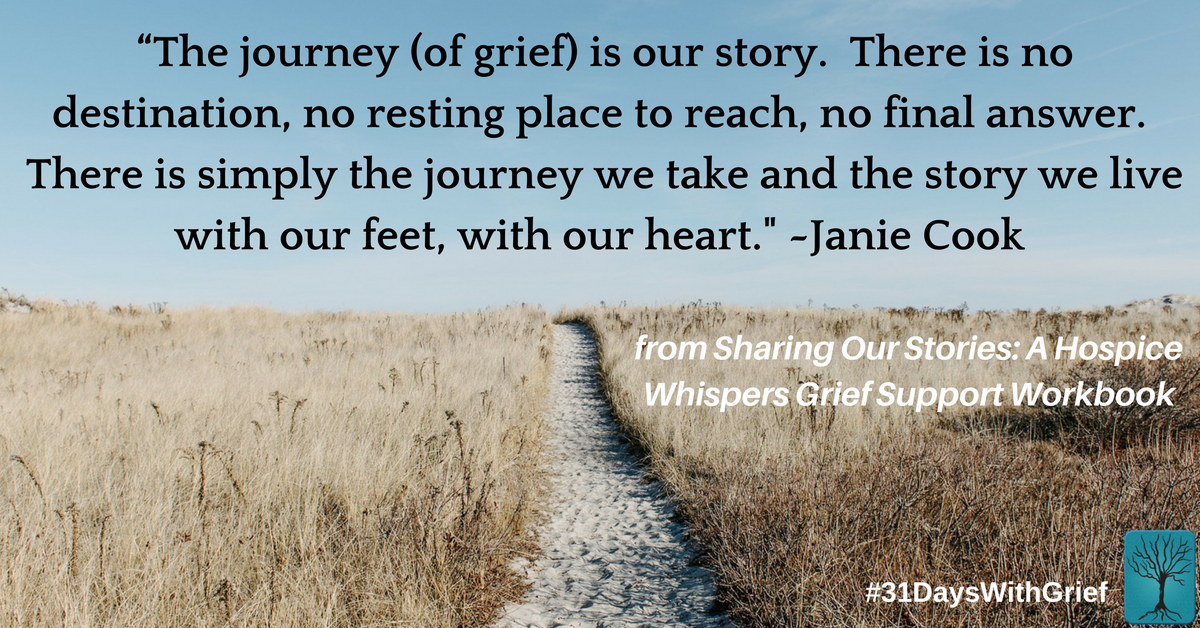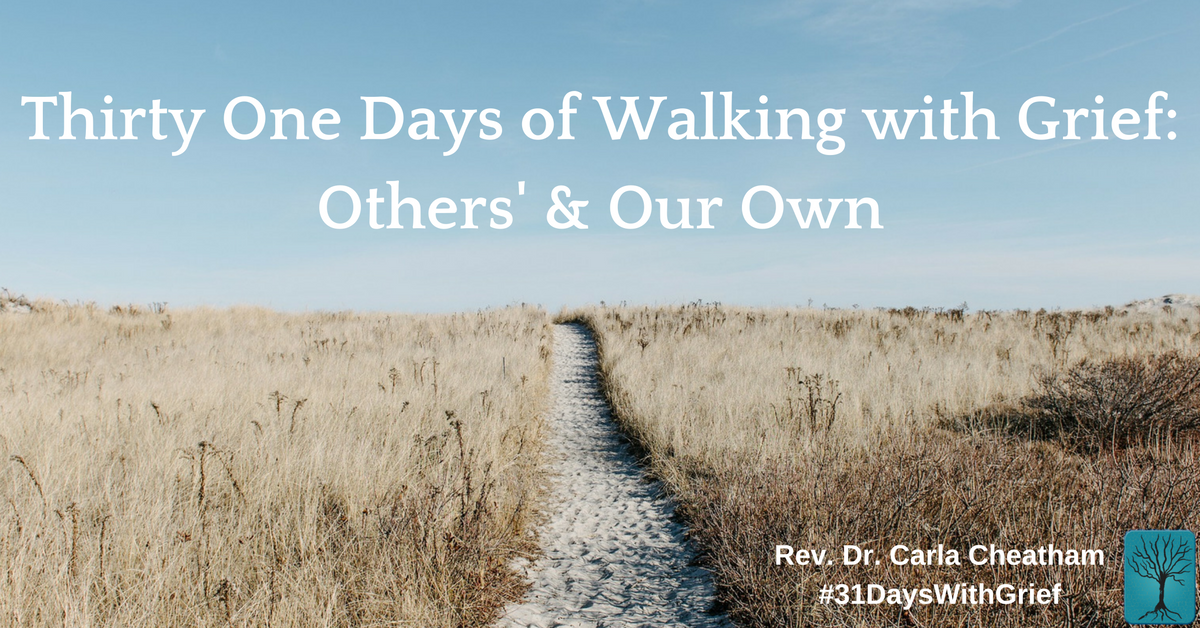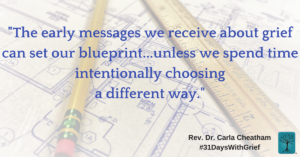31 Days of Walking with Grief: Others’ and Our Own
Day 10—Denial’s Been Given a Bum Rap
This is a month-long series to support persons grieving and those who love them. It includes content from “Sharing Our Stories: A Hospice Whispers Grief Support Workbook” available through Amazon and wherever books are sold.
“Denial ain’t a river in Egypt!”
“Oh, he’s just in denial…”
“She doesn’t want to hear it. She’s still in denial.”
We often hear denial, and the persons exhibiting it, spoken of in pejorative terms. But denial has been given a bum rap.
As I’ve stated earlier in this series, we sometimes need the emotional airbags of our defense-mechanisms to soften the blow until we’re ready to face the full impact. Therapists are taught not to push persons further than they ready to go; you don’t open a can of worms they don’t have the emotional resources to manage.
Certainly, there are times when our defenses become maladaptive and no longer serve us; anything taken to an extreme can have an adverse effect. In those times, more assertive interventions may be needed. Again, complicated grief and grief vs. depression will be discussed later in this series.
Far too often we speak of denial as if it makes a person weak or immature. That only brings up more defenses and adds shame on top of grief, which is not fair or productive. We must find another way.
In Hospice Whispers: Stories of Life, I wrote a story called “Waking Up”, that described a wife who was not yet ready to accept that her spouse was dying, so she kept shaking him when he stopped breathing:
“He had been home barely more than 12 hours. He was ready. She was not. She was leaning over the bed curiously watching his breathing. She looked over at me questioningly when I walked back in. I just breathed and stood at the foot of the bed and waited to see what she was ready to handle…
We were new to each other and I wanted to tread lightly to give her the space she needed to come to terms with what her eyes said on some level she recognized, but they also pleaded for more time to live in the fantasy and not ‘know’ what was happening.”
I’m grateful for the training that allowed me and my team to sit with patience and compassion through a challenging situation rather than rush this woman too quickly through her denial. For the sake of her spouse’s comfort, we did gently nudge her in that direction. Ultimately, however, we let her come to terms with it in her own way as his death naturally unfolded. With support, she got there.
If we cast judgment on denial, we’ll likely rush them faster than they are prepared to go. They’ll also sense the judgment and be even further weighed down by shame or resentment.
Find persons who will give you safe space for you to be exactly as you are, where you are, and to find your way in your own time and your own way. Do not let others rush you. Do not let others lead you to feel shame or guilt. Unless what you’re doing is hurting yourself or others, take your time and do what you need.
You deserve it. Your process depends on it. When you’re ready, you’ll get there. Until then, be where you are. You’re journey will unfold naturally. As it does, you’re not alone.
Peace,
Carla
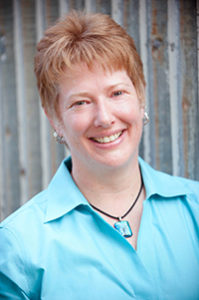 Rev. Carla Cheatham, MA, MDiv, PhD, TRT has served hospices as a chaplain and bereavement coordinator. She’s the Section Leader for the Spiritual Caregivers Section of the National Hospice and Palliative Care Organization and an adjunct professor at the Seminary of the Southwest. Through her Carla Cheatham Consulting Group, Carla provides training and consulting for professional caregivers nationwide. She is the author of Hospice Whispers: Stories of Life and its companion volume, Sharing Our Stories: A Hospice Whispers Grief Support Workbook. Her next book, On Showing Up with Suffering: Others’ and Our Own, is set to publish in 2017.
Rev. Carla Cheatham, MA, MDiv, PhD, TRT has served hospices as a chaplain and bereavement coordinator. She’s the Section Leader for the Spiritual Caregivers Section of the National Hospice and Palliative Care Organization and an adjunct professor at the Seminary of the Southwest. Through her Carla Cheatham Consulting Group, Carla provides training and consulting for professional caregivers nationwide. She is the author of Hospice Whispers: Stories of Life and its companion volume, Sharing Our Stories: A Hospice Whispers Grief Support Workbook. Her next book, On Showing Up with Suffering: Others’ and Our Own, is set to publish in 2017.

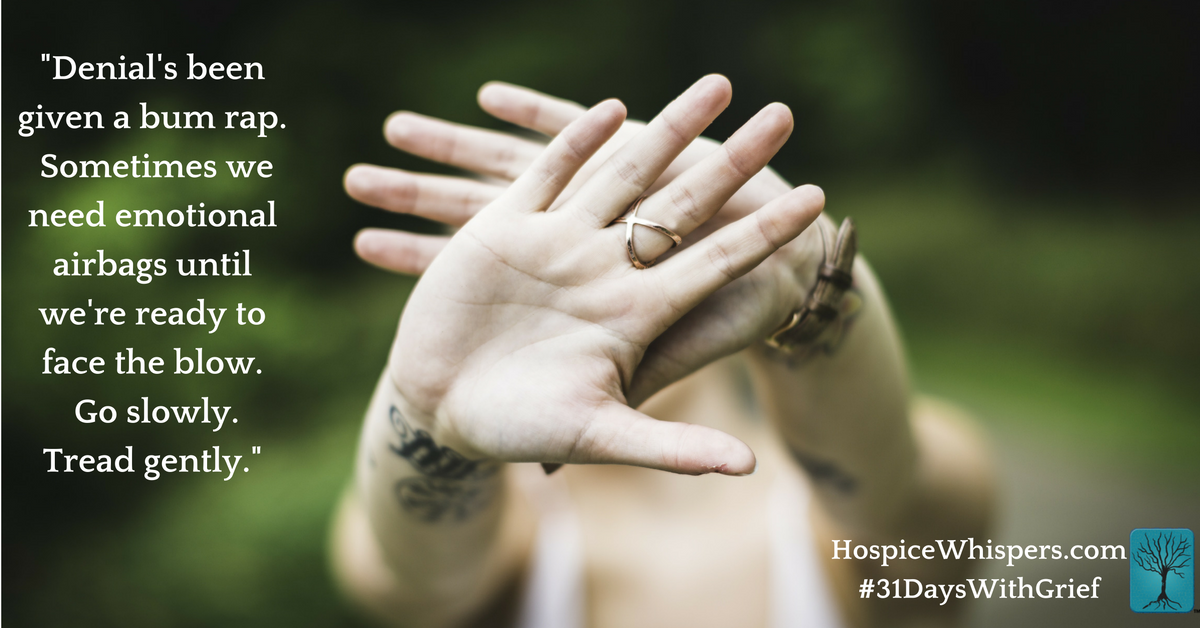

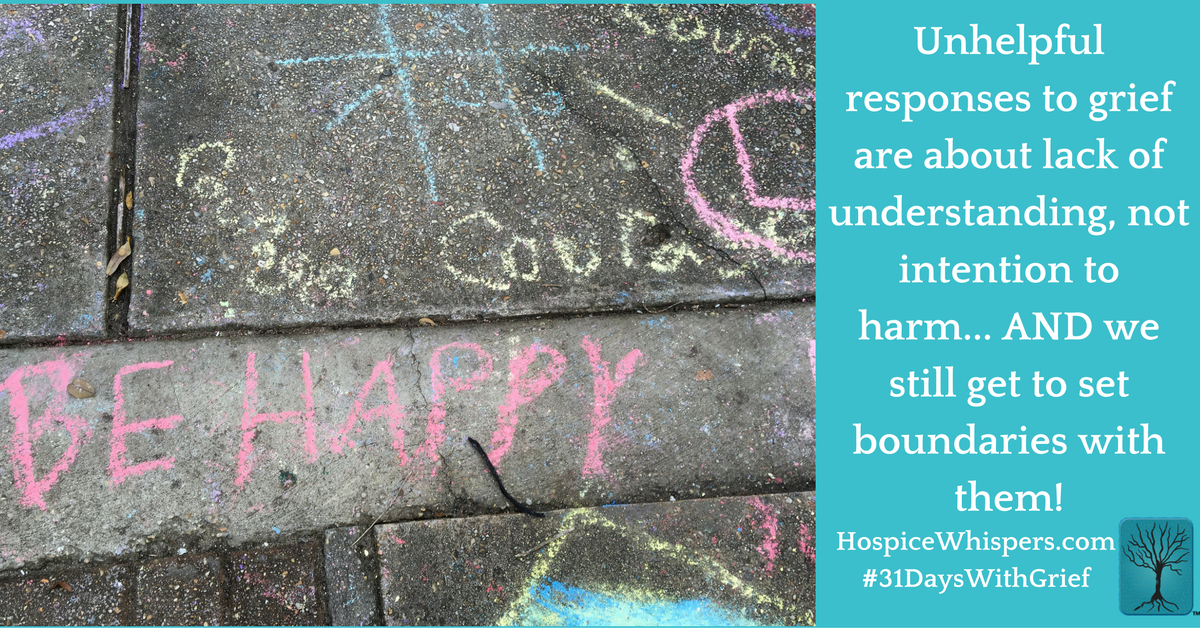
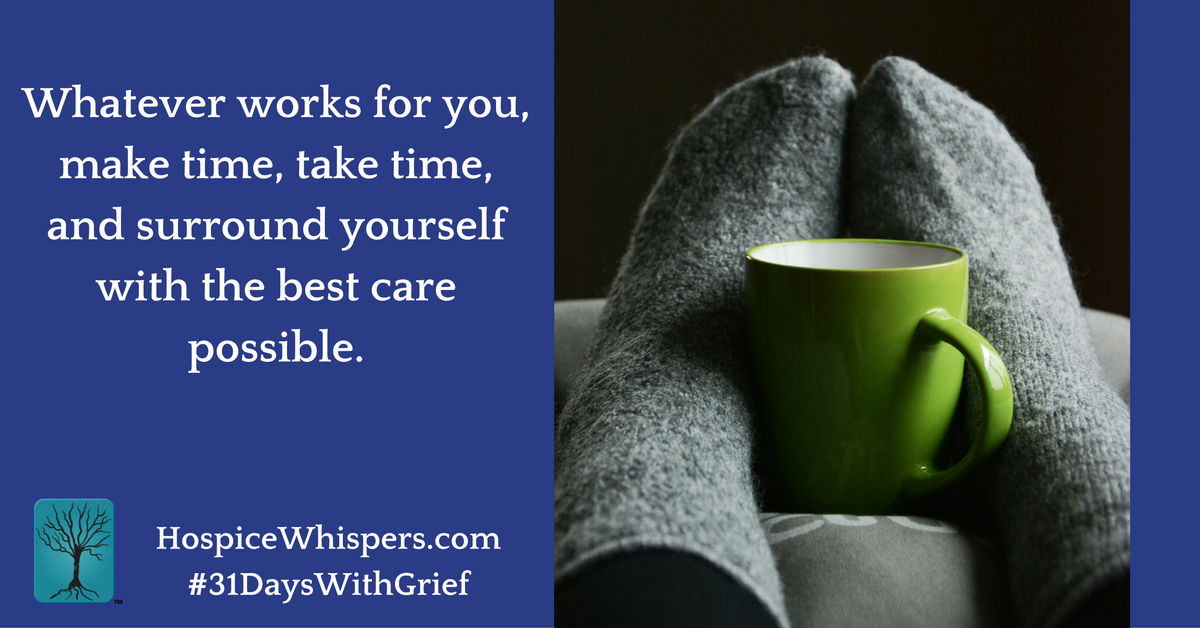
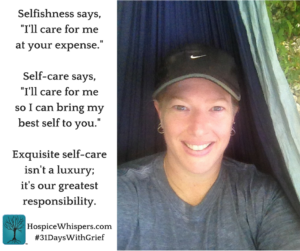 This is me in my hammock next to my favorite waterfall on my favorite hiking trail. Practicing what I teach isn’t always easy. But I’m grateful that saying these things out loud to others helps hold me accountable for actually doing them, myself! If I don’t make space for down time and silence, I quickly become a crispy critter not fit for human consumption.
This is me in my hammock next to my favorite waterfall on my favorite hiking trail. Practicing what I teach isn’t always easy. But I’m grateful that saying these things out loud to others helps hold me accountable for actually doing them, myself! If I don’t make space for down time and silence, I quickly become a crispy critter not fit for human consumption. 